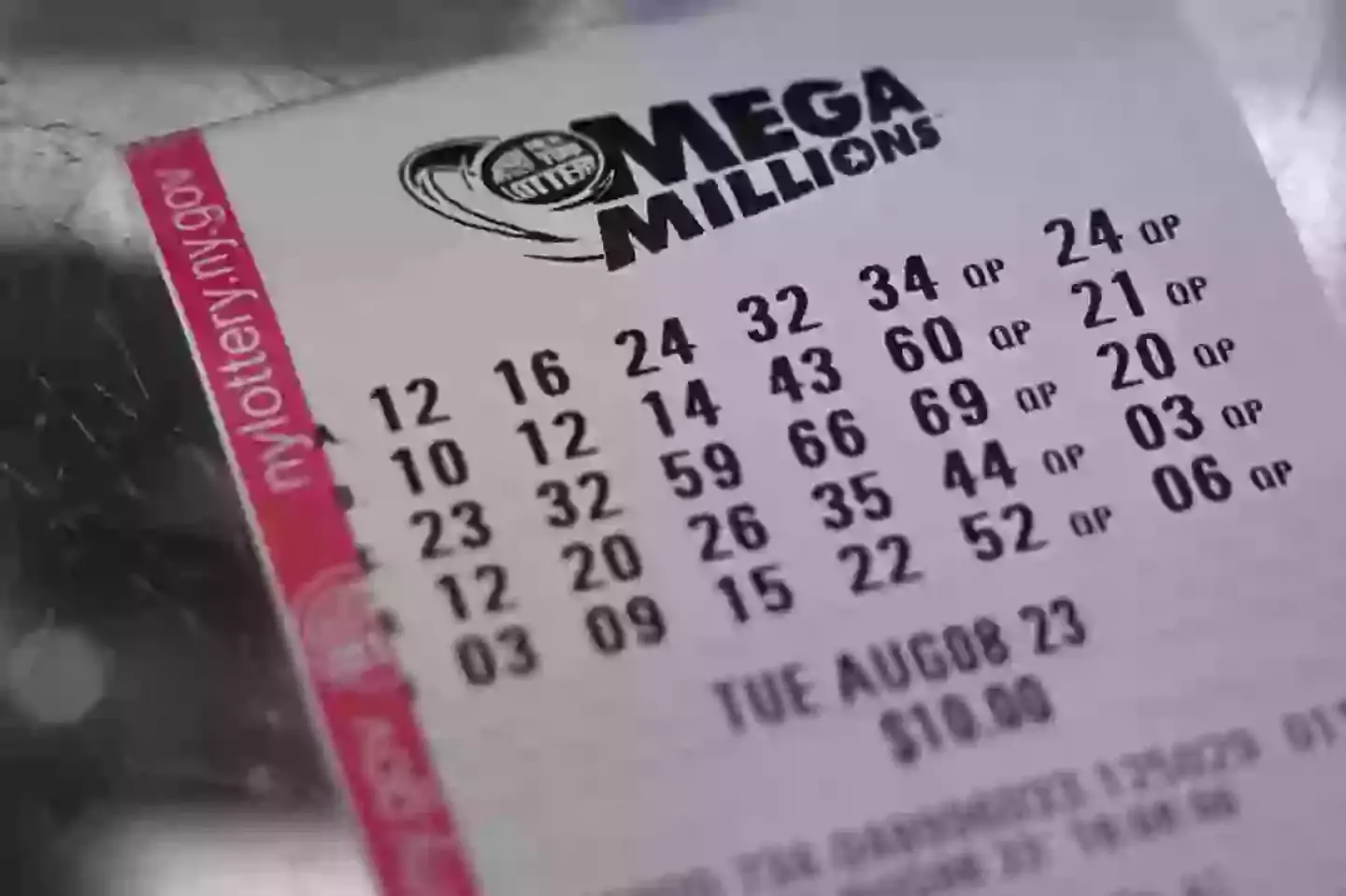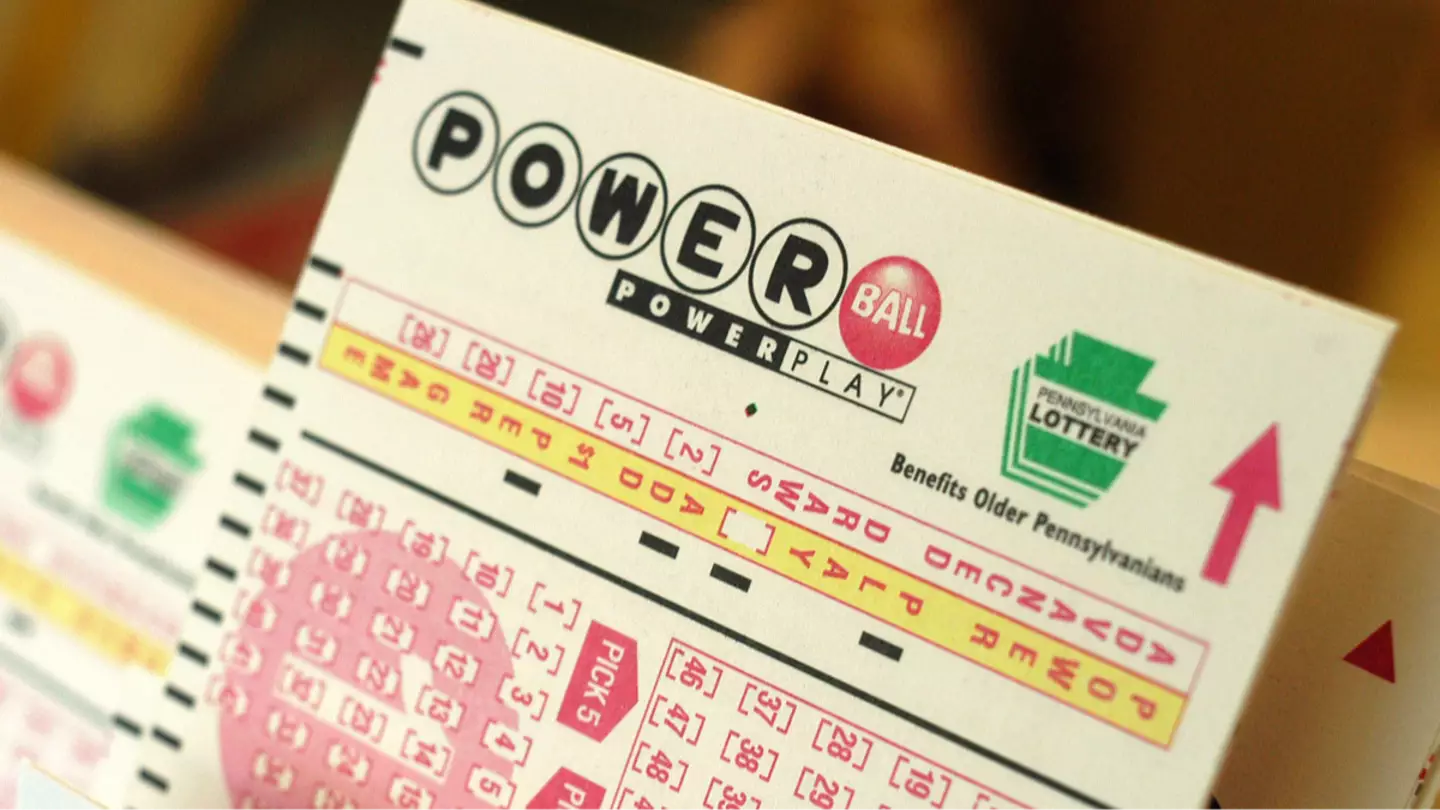A Powerball jackpot reaching an astounding $1.8 billion would come with a significant tax obligation for the winner.
Who among us hasn’t dreamed of how we might spend such a windfall?
Some people would indulge in lavish spending, acquiring homes, luxury boats, and fine champagne.
Others might take a more sensible route, starting with eliminating debts like student loans, mortgages, or healthcare costs.
Regardless of your spending plans, if you were fortunate enough to win the lottery, your initial payment might not go to buying a yacht or cases of champagne but would likely go to paying taxes.
But how much tax would you owe on a $1.8 billion prize? It’s worth examining the details.

It’s probably no surprise that the tax bill on a prize of this magnitude would amount to hundreds of millions of dollars.
Lottery winners typically face a tax rate of at least 24 percent on their winnings, which could translate to as much as $432 million, or $198.3 million depending on the method of prize collection.
This would leave you with around $1.368 billion for your own use. Quite a sum, despite the deductions.
Moreover, there would be additional taxes to consider, as such a prize places winners in higher tax brackets.
In New York, for example, lottery prizes are taxed at 10.9 percent, based on New York lottery guidelines.

For federal taxes, individuals earning $626,350 or more and married couples with incomes above $751,600 fall into the 37 percent tax bracket.
Lottery winners can choose between two methods to receive their prize.
They can opt for a single lump sum, which results in a lesser amount, or they can choose annual payments over time to receive the full prize, after taxes.
Winning the $1.8 billion jackpot on Saturday would mean receiving approximately $826.4 million as a lump sum, while the annuity option would spread the full prize over time.
Though financial experts often advise winners to select the annuity for stable income, many are tempted by the allure of an immediate large payout.
The tax obligations on such substantial lottery earnings might indeed make these winners among the few billionaires to contribute significantly to taxes.

